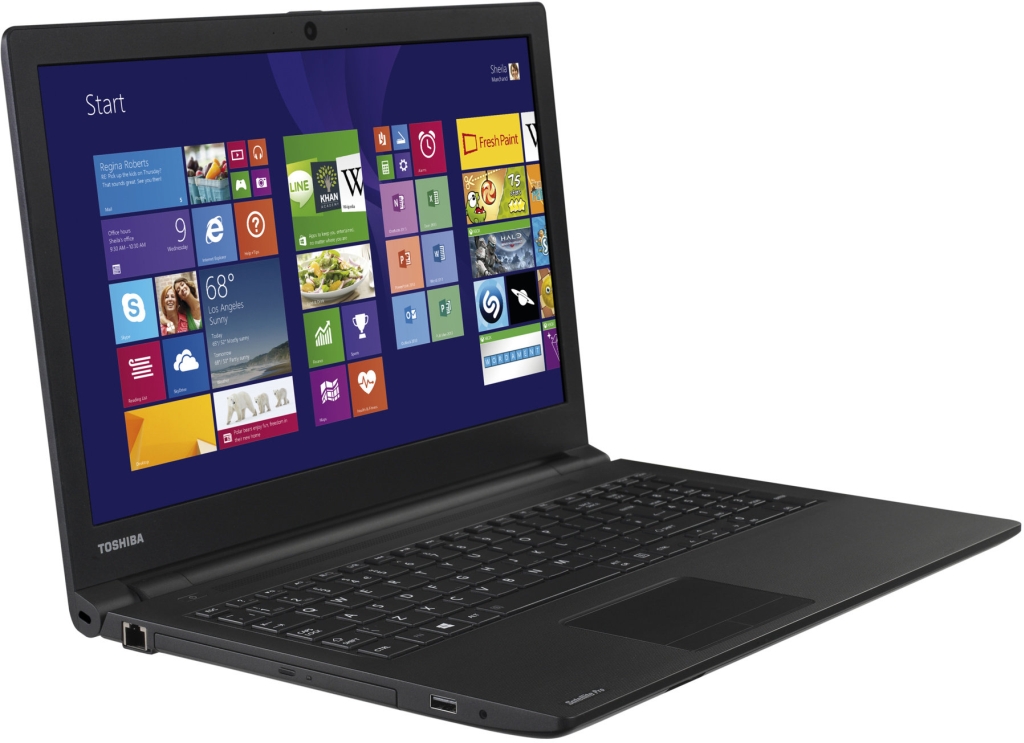

In my case, the device did not boot from USB automatically, so I hit esc immediately after turning on, to enter the "startup menu".

Turn off the target system, in my case an HP X2 210 G2, insert the recovery USB drive, and start it up again. Follow the steps to create the USB recovery drive.
#Hp dmi tool x360 install#
Don't worry, it will not try to install the update, but it will open a utility that creates a bios recovery drive, as explained on the HP site. Run the executable on the Windows system. In my case the file was called sp95703.exe (HP Notebook System BIOS Update, version F.35 Rev.A). Use a separate Windows system to download the correct bios-update executable for your system from the HP support site. The solution is based on this HP support answer, the HP docs for creating a bios recovery drive, and a bit of trial-and-error with fingers crossed. Note that this does require another windows pc to open the bios-update executable, but there is no need to install windows on the target pc, nor do you need a windows recovery disk or windows-pe or any such thing.
#Hp dmi tool x360 update#
Here's what I did to update the bios on my HP x2 210 G2 running only Ubuntu 20.04 LTS.
#Hp dmi tool x360 serial number#

Method Detect information about your computer Maybe this method might work for other HP computer models too? Hardware: HP EliteDesk 800 G2 TWR (L1G77AV).Operating system: Ubuntu (installed in UEFI mode).I guess this method is not supported by HP, so I add this warning: a BIOS upgrade, if failed, can break your computer! Requirements This method worked fine on an HP EliteDesk 800 G2 TWR when I tested.


 0 kommentar(er)
0 kommentar(er)
